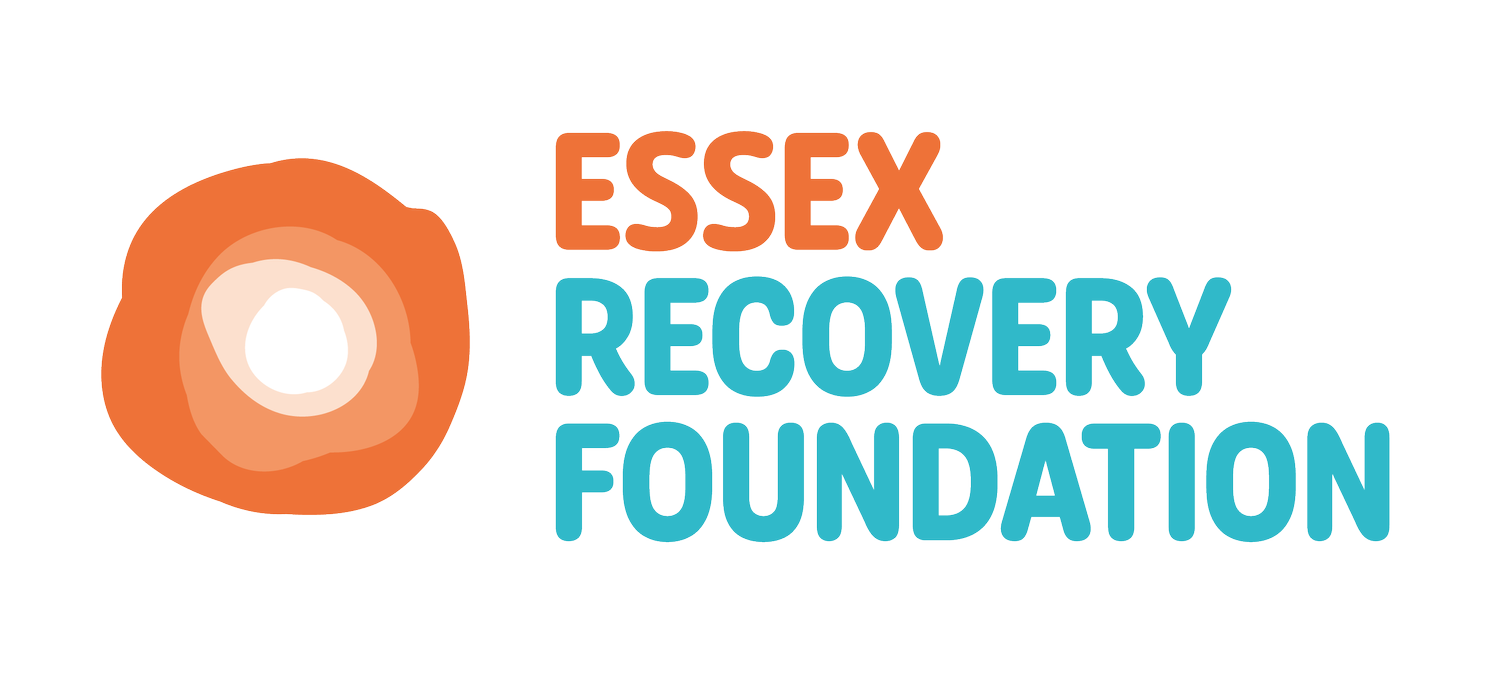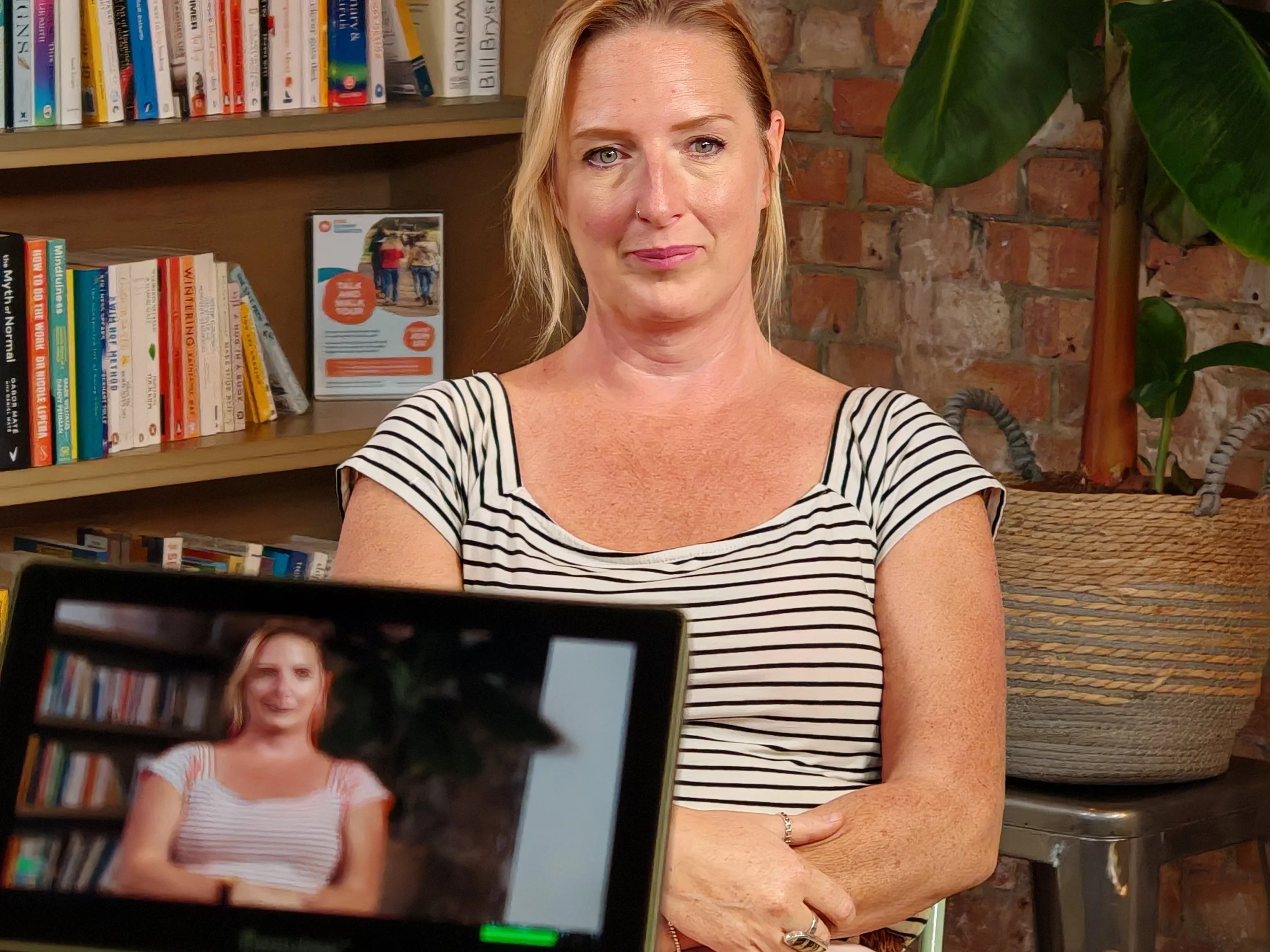The Essex Recovery Foundation Model: Rethinking Recovery Through Collaboration
By Sarah Tinker, Radical Change Lead at Essex Recovery Foundation
“When we talk about drug and alcohol services, too often people imagine a top-down model: commissioners decide, providers deliver, and service users are simply recipients.
At Essex Recovery Foundation, we are trailblazing a brand new approach.
We’re building a model where lived experience is recognised as expertise, where treatment and recovery is shaped collaboratively, and where people in recovery are at the heart of designing, monitoring and funding services.
This isn’t just a theory… it’s happening right now in Essex. And it’s one of the first projects of its kind in the UK.
Why a new model is needed
If you’ve been through treatment or recovery services, you might have seen some of the challenges:
A sense that people in recovery are “consulted” but not truly involved in shaping what happens
Systems that don’t connect – treatment, housing, family support, mental health all working separately
Uncertainty about what is on offer in Essex and how people can access free treatment options
That’s why Essex Recovery Foundation is working to build something different: a system where the recovery landscape in Essex is created in partnership.
Our role: working in partnership with Essex County Council
We work in partnership with Essex County Council to deliver community input into commissioning.
That means:
We listen to and gather the voices of the recovery community across the county
We use those voices to help design, monitor and award service contracts that meet people’s needs
We work closely alongside services to help them be responsive to the community’s needs
This approach is pioneering. It places trust and influence directly in the hands of those most affected - and we’re here to amplify their voices.
Our Three Steps to Radical Change
Our approach, which we call The Three Steps to Radical Change, guides how we aim to improve the treatment and recovery experience in Essex. Radical change isn’t about tearing things down, it’s about building systems that genuinely work for people.
Step 1: Review current contracts and processes
Before we can transform anything, we have to understand what already exists. This step is about looking honestly at current systems — where they work, where they don’t, and where people feel unseen. Our community researchers are mapping every contract and commissioning process across Essex, gathering feedback from service users, frontline staff, and providers. This helps us see where we can find better outcomes.
Step 2: Identify new initiatives
Once we know the landscape, we can start to innovate. This means designing new, community-driven initiatives that meet the needs people have actually expressed. Through our Community Voice forum, we’re developing pilots and projects led by lived experience: peer-run services, local recovery spaces, and initiatives that bridge treatment to community support. These new initiatives become the seeds of a modern, responsive recovery system.
Step 3: Continually measure success through human context
Measuring success through human context means understanding impact not only in numbers, but in lived outcomes: wellbeing, belonging, hope and empowerment. We gather feedback continuously — through stories, focus groups and conversations. Every voice helps us to refine what works and to stop what doesn’t, keeping the system human-centred, responsive and accountable.
These three steps are simple but powerful. They ensure we stay rooted in lived experience, grounded in evidence, and always learning from the people recovery is meant to serve.
From voice to impact: how it works in practice
Here’s how your insight becomes action under our model:
Listening – Through surveys, outreach and conversation, we’re here to gather the real experiences of people in recovery.
Designing together – Community Voice meetings bring everyone together — people in recovery, families, professionals — to decide what should change.
Funding what matters – We use those priorities to fund both community-led projects through the Essex Recovery Fund.
Monitoring and adapting – We keep listening. If something’s not working, we change it.
This continuous cycle ensures that recovery services in Essex remain responsive, compassionate, and grounded in real life — not bureaucracy.
What’s already changing
Already, we’re seeing real progress through this model:
Voices of Recovery – An incredible team of volunteers are sharing their stories of addiction and recovery in a number of corporate and healthcare settings
The Essex Recovery Fund – We’re backing community-led initiatives created by people in recovery, not just large service providers.
Single point of access – We’re creating a website for people needing drug and alcohol support, making their entry into treatment quicker and easier to navigate
Recovery spaces – These drop-in spaces are thriving in Harlow, Chelmsford, Colchester, Rayleigh, Thurrock and Basildon — bringing hope, connection and belonging.
Cornerstone Cafe - In October we opened Essex’s first recovery café - a dedicated space, open 5 days a week, for people in recovery.
Essex Recovery Festival - An annual celebration of recovery, challenging the stigma associated with addiction.
But this is just the start. To make lasting change, we need more voices, more diversity and more participation from across Essex.
Why your voice matters
If you’ve been through (or are going through) addiction, treatment or recovery, you are an expert. You know where the system supports people - and where it fails.
By getting involved, you can:
Help shape the future of recovery in Essex
Influence how money is spent and services are designed
See your ideas turn into real change
Build community and connection with others on similar journeys
Your insight has power and we can make sure it’s heard.
Join us! Let’s shape recovery together.
If this vision speaks to you, we’d love you to get involved.
Join our community to share your views, access opportunities, and stay up to date:
www.essexrecoveryfoundation.org/registerCome to our Community Voice event in Harlow on 31st October 2025 — a chance to connect, share ideas, and shape future priorities together.
Find out more and register here.
If you’ve ever felt unheard or overlooked, now’s the time to step forward. Join us in rethinking recovery.
See you in Harlow. Let’s make radical change together”
Sarah Tinker
Radical Change Lead at Essex Recovery Foundation






